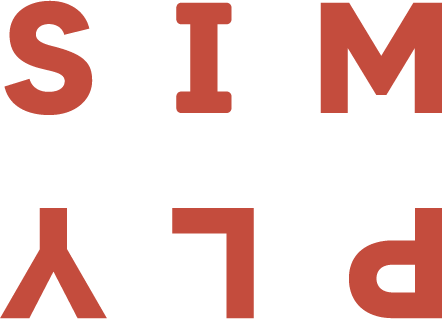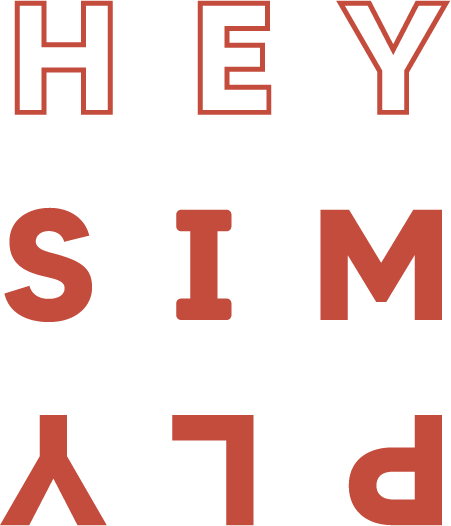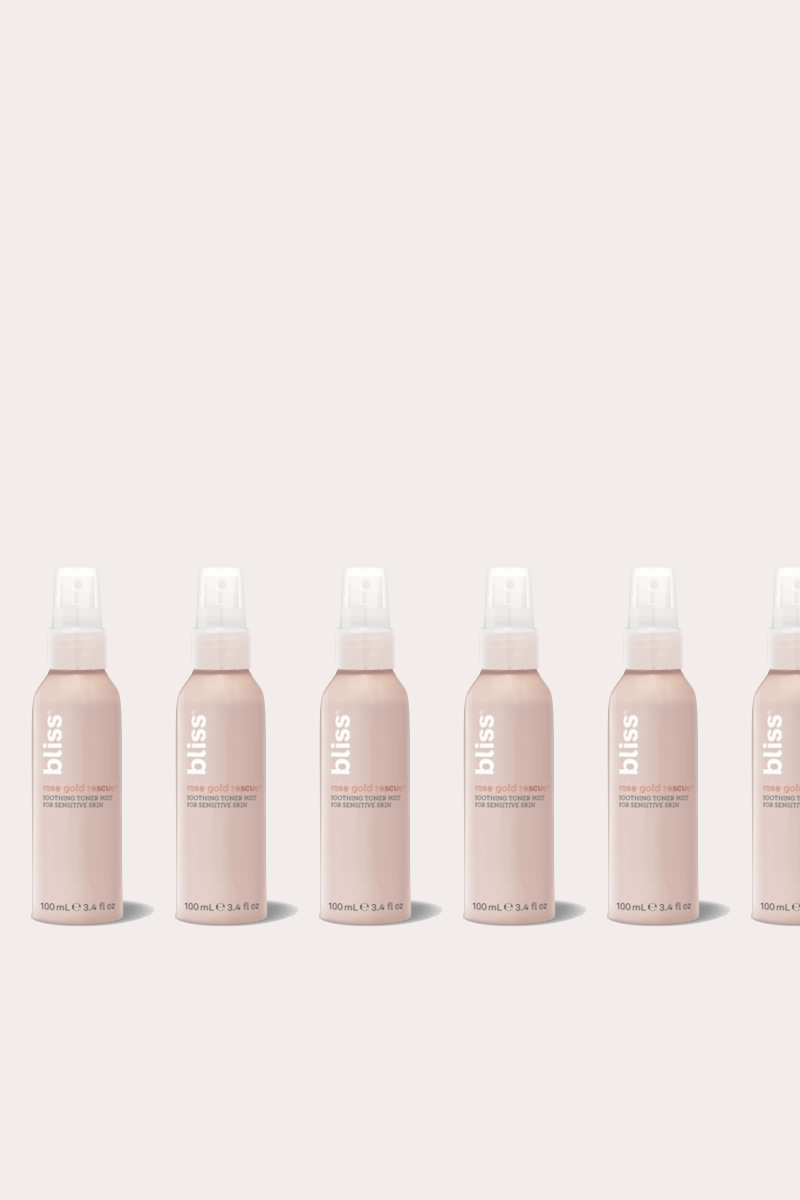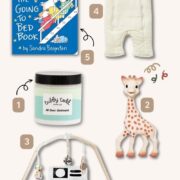I need to put a HUGE disclaimer on this post that this was my individual experience. PPD and PPA affect at least 1/8 of women – if not more. It’s a very serious condition and you should communicate your feelings with loved ones and your physician. If you aren’t finding that people are taking you seriously, including medical professionals, reach out to the hotline I mention below.
Okay now that’s out of the way, let me share what I think contributed to me avoiding PPD and PPA.
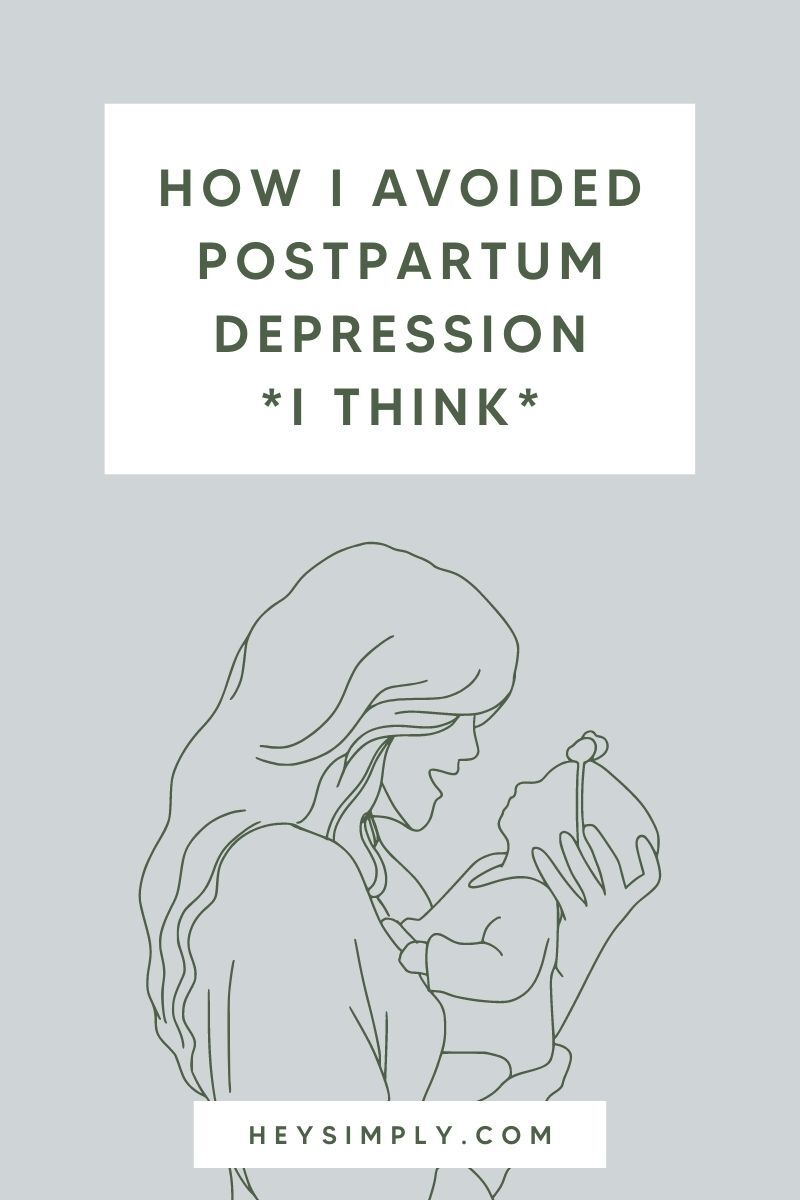
According to the American Pregnancy Association, “Approximately 15% of new mothers will experience what is classified as postpartum depression (PPD). Symptoms may occur a few days after delivery or sometimes as late as a year later. Women who experience postpartum depression will have alternating good days and bad days. Symptoms can be mild or severe, usually lasting for over 2 weeks.”
When it comes to postpartum anxiety it can affect about 10% of postpartum women. These women may experience anxiety by itself or may also experience depression with anxiety.
Postpartum anxiety can also include postpartum panic disorder which includes having panic attacks along with feelings of anxiety.
I was very nervous about my mental state after delivery because I am prone to depression and anxiety both genetically and because of my agoraphobia. (I’ve talked about it here and here)
I was committed to not trying to be a hero with the birth of my daughter. I grew her from my bones and my organs. I birthed her through my body. I had to do that part all on my own. But postpartum? This is the part that I can get help with and I planned to get it with no guilt attached.
While I didn’t have full blown PPD or PPA – I did have baby blues, here’s the difference.
Within days of delivering Mila
- Also called ‘baby blues,’ postpartum blues impacts approximately 50% to 75% of new mothers, according to the Cleveland Clinic. Many of these women will experience the more severe condition of postpartum depression or a related condition.
- Baby blues tends to set in around 1 to 4 days after giving birth.
- Without treatment, postpartum blues usually lasts only 1 to 2 weeks after delivery.
What I did to help with postpartum
Nutrition for Postpartum
As silly as it seems, what you eat really affects your body and your mind – especially postpartum. Serotonin which is sometimes called the “feel-good hormone” is not naturally occurring in our bodies. That means you gotta build it. A well-balanced diet with adequate protein intake is essential.
Friends are often willing to set up “meal trains” for postpartum parents. They will sign up for a day/time to deliver meals which is so important. Let people help you! This is the “village” that you need.
Water Intake
There are a few research papers that tie dehydration and anxiety. Moms are at an especially high risk for reduced water intake, especially if you are breastfeeding. So make sure you drink a big glass every hour.
Sunlight
While it seems counterintuitive to leave the house with a newborn, going for a daily walk can help signs of PPA and PPD. It’s miraculous what a leisurely walk in the sunlight can do for your body and your mind. Try your hand at baby-wearing and head outside for even 10 minutes a day.
Alone Time Postpartum
This section comes with a disclaimer that I want to address. I am very lucky to have support and family around who are willing to help out. This is not always the case for many families and moms, and I want to recognize that this is a privilege.
My family onboard with minimizing the hours that I was alone with the baby in the beginning. Breastfeeding was really hard for me for the first few months. Sahir, my mom, my mother-in-law, or a friend sat with me at almost every feed — if someone wasn’t available, I would quite literally phone a friend and be on facetime with them.
I completely realize that this isn’t feasible or viable for so many families and I understand that. If you are able to family plan in advance, I highly recommend budgeting for help. Familiar help is important, but it’s not the only option. Please do not discount paid help. There are many newborn specialists and nannies that can be a wonderful comfort to new moms. Aside from helping with the baby, they help mothers adapt emotionally, get more sleep, and it’s quite literally hands on training.
Many new moms notice that the newborn stage is a blur for even recent parents, let alone grandparents who went through this 30+ years ago. Science and data has changed so it’s not a bad idea to hire a professional, even if its just a few days a week.
A friend once told me that if you have to give up a trip, a vacation, or a big purchase, do it. The help is so important and I couldn’t agree more.
When you look at the big picture it could look like 3-5k to get help for the first few weeks and nothing is more important than your health and sanity. The trip to Italy can wait.
Talk to your partner
This biggest thing about postpartum emotional wellbeing is feeling understood. Try to share some resources and chat with your partner in advance about your feelings, what you are anticipating might happen, and make a plan to find support as you need it. A great way to do this is to pre-research a therapist in your area who specializes in PPA or PPD.
Having your partner on board and aware of your feelings will make a world of a difference, should your postpartum journey include this chapter.
How to get help
- Reach out to your physician to get connected with the proper resources. They can prescribe you medication if necessary and there is NO stigma in taking what you need to feel better. Do not ignore your feelings.
- There is a hotline. The Postpartum Support International Organization (https://www.postpartum.net/get-help/help-for-moms/ ) has a hotline that you can call or text. Here’s the information from their website: Call or Text our HelpLine 1-800-944-4773 (4PPD) #1 En Español or #2 English OR Text in English: 800-944-4773

